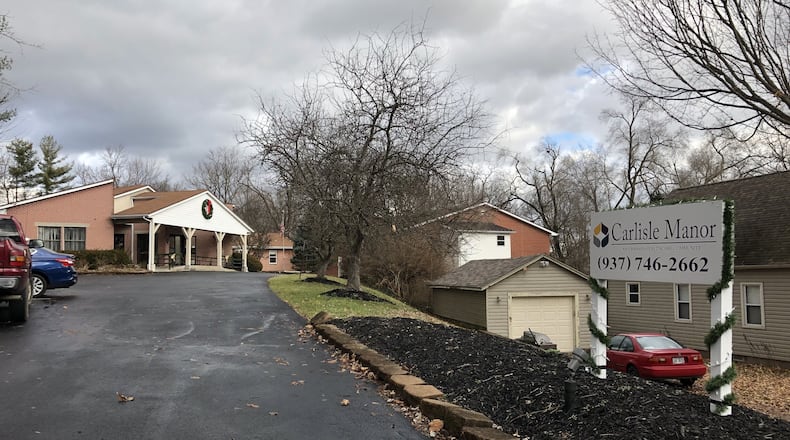The decision reversed an appeals court ruling favoring the health-care provider.
RELATED: Advocates say Warren County case a big win for Ohio seniors
Advocates for seniors said the ruling would have far-reaching implications for surviving spouses facing bills for the care of loved ones who have died.
In urging reconsideration, a lawyer representing the owner of the nursing home, Carlisle Manor in Warren County, questioned the implications of the ruling for other senior health-care providers.
"Must they follow this case and engage in the futile act (as the dissent rightly notes) of opening an estate (likely naming the creditor as administrator), present the claim to the administrator, and have that claim denied by the self-same creditor for insufficient assets?" Susan Audey, the lawyer filing for Embassy Healthcare, asked in a motion to reconsider and clarify the decision.
“The unintended consequence to loved ones of requiring this expedited inquiry so soon after the death to preserve a creditor’s claims appears harsh, stressful, and unfair to the bereaved survivors,” Audey added in her Dec. 21 motion for reconsideration and clarification.
RELATED: Paying dead spouse’s bills at issue in Ohio Supreme Court case
On Christmas Eve, the health care association, representing 1,000 nursing homes, assisted living center and service providers, filed the brief in support of the motion.
“The Court’s decision creates an ambiguity that will lead to further confusion,” lawyer David Brown said.
The case stems from a lawsuit originally filed by Embassy, the nursing-home owner, against widow Cora Sue Bell in Franklin Municipal Court over bills owed for care of her husband, Robert, who had died.
RELATED: Warren County widow winds nursing home fight over dead spouse’s bills
In filings urging the state’s high court to rethink their decision and its implications, Brown and Audey point to a 1990 ruling.
In 1990, in Ohio State University Hospital v. Kinkaid, the court “found no such requirement in a case where a health care provider-creditor, not unlike Embassy Healthcare here, sought payment for unpaid medical-care necessaries from a spouse after the decedent’s death and after the time for presenting claims to an estate expired,” Audey said in her motion.
Bell’s lawyer and those who filed briefs in support of her Ohio Supreme Court appeal have until Monday to argue against reconsideration.
A lawyer with one of the groups backing Bell’s case, the Legal Aid Society of Columbus, said he wasn’t surprised.
“Anytime a corporation loses at the Supreme Court level, it’s probably not a bad idea to file for reconsideration,” Scott Turguson said. “There’s a lot of money involved.”
Turguson was unsure if he or others who supported the appeal by Pro Seniors, a senior advocacy group in Cincinnati, would file responses.
He expressed confidence that the decision would stand, while pointing out two new Supreme Court justices would be joining the court in January.
I think it’s very unlikely. Anything’s possible,” Turguson said.
Miriam Sheline, the lawyer behind the successful high-court appeal, said the arguments in the latest motion were nothing new and predict the ruling will stand.
About the Author

